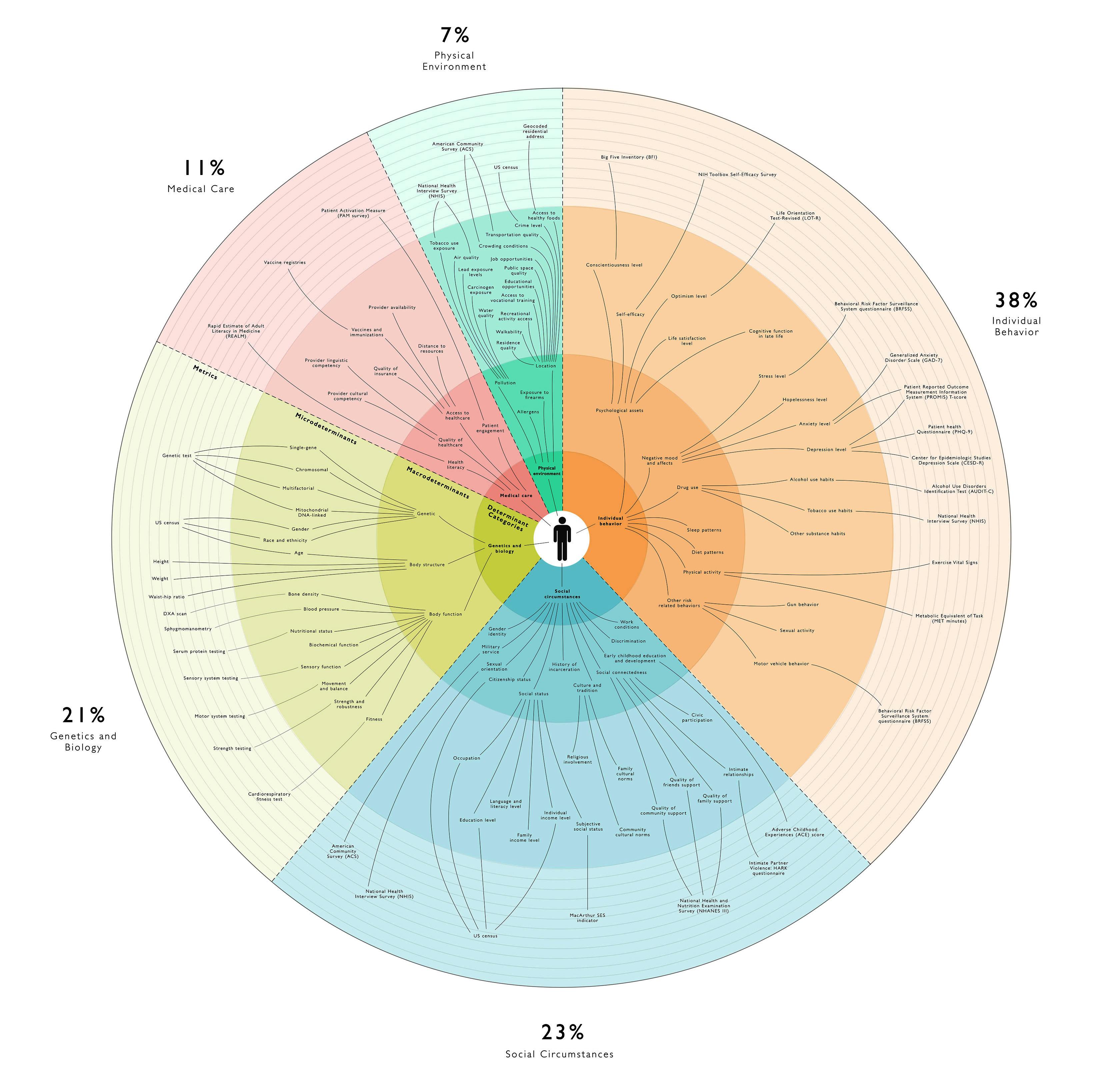
The Significance of Digital Health
In recent years, the digital health industry has experienced tremendous growth,
presenting new opportunities and transforming traditional healthcare systems.
Emerging technologies like wearables and health apps are revolutionizing the way
we monitor and manage our health, giving us the power to take charge of our well-being
in ways we never thought possible.
Wearables: The Future of Health Monitoring
Wearable devices, such as smartwatches, fitness trackers, and health monitoring
bands, have gained significant popularity and are becoming an indispensable part of
many people’s lives. These wearables offer a wide range of health monitoring features,
including heart rate tracking, sleep monitoring, activity tracking, and even stress
management capabilities. With real-time data tracking and customizable alerts, wearables
promise a new level of convenience and proactiveness in managing our health.
Moreover, wearables are not limited to personal health monitoring. They have found their
place in healthcare facilities as well. Hospitals are utilizing wearable devices to track
patients’ vital signs continuously, minimizing the need for intrusive tests or constant
monitoring. They are also being used for remote patient monitoring, enabling healthcare
providers to monitor patients’ conditions from a distance and intervene timely, improving
overall patient outcomes.
The Power of Health Apps
Accompanying the rise of wearables are smartphone applications dedicated to health and
wellness. These health apps provide a wealth of features, including diet and nutrition
trackers, exercise routines, medication reminders, mental health support, and more.
With a vast range of available health apps, users can find solutions that suit their
individual needs and goals, making it easier than ever to adopt a healthy lifestyle.
Moreover, health apps can integrate with wearables, allowing users to sync data and gain
a comprehensive overview of their physical and mental well-being. This synergy between
wearables and health apps empowers individuals to set goals, track progress, and receive
personalized insights, motivating them to make positive changes to their health habits.
Addressing Challenges and Future Prospects
While wearables and health apps have immense potential, there are challenges that need to
be addressed. Data security and privacy concerns, interoperability of devices and apps,
and accuracy and reliability of collected data are some areas that require attention and
innovation.
Looking ahead, the future of digital health seems promising. Continual advancements in
technologies, like artificial intelligence and machine learning, will further enhance
the capabilities of wearables and health apps. Additionally, digital health solutions
are likely to become more accessible and affordable, making them available to a broader
segment of the population and contributing to better healthcare outcomes on a global scale.
















